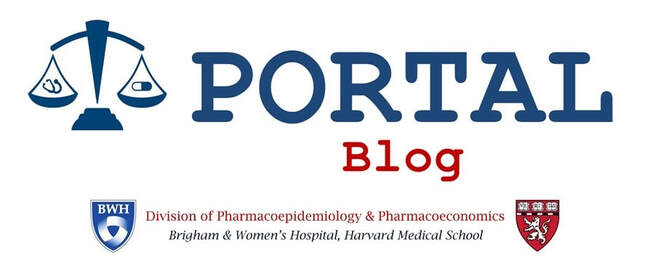|
By Benjamin N. Rome, Wiliam B. Feldman, Rishi J. Desai, and Aaron S. Kesselheim As US prescription drug spending continues to rise, there has been particular concern about the common practice of drug manufacturers raising prices for existing drugs each year, by an average of 9.1% over the past decade. Drug manufacturers argue that these increases in “list price” are not meaningful, since they offer rebates and discounts and that result in lower “net prices.” However, these rebates are given to insurers and pharmacy benefit managers and not passed along to patients. In a new study published in JAMA Network Open, we studied the correlation between changes in list prices, post-rebate net prices, and average out-of-pocket spending among patients with commercial insurance for 79 brand-name drugs. From 2015 to 2017, average list prices increased by 16.7%, net prices by 5.4%, and average out-of-pocket spending by 3.5%. Overall, there was no correlation between changes in list or net prices and patient out-of-pocket spending, but there was variation based on patients’ insurance designs. Approximately half of patients in the study paid deductibles or coinsurance; for these patients, average out-of-pocket spending rose by 15.0% from 2015 to 2017 and was correlated with changes in drugs’ list but not net price. The other half of patients, who paid only fixed copayments, had no increase in average out-of-pocket spending. These results show that exorbitant list prices set by drug manufacturers do influence how much patients pay for drugs. Insurers are increasingly using deductibles and coinsurance to shift high drug prices to patients, but this exposes patients to the unregulated prices set by drug manufacturers. Higher out-of-pocket costs have been linked with lower medication adherence and worse clinical outcomes. We propose several possible policy solutions, including preventing drug manufacturers from raising list prices faster than inflation or penalizing them for doing so (the latter of which is already done by Medicaid), eliminating confidential rebates by manufacturers to insurers, or mandating that these rebates be passed along directly to patients. Comments are closed.
|
AuthorPORTAL Blog posts are authored by PORTAL faculty, trainees, and collaborators. Archives
January 2022
Categories |
|
Program On Regulation, Therapeutics And Law (PORTAL)
Division of Pharmacoepidemiology and Pharmacoeconomics 1620 Tremont Street, Suite 3030 Boston, MA 02120 |






 RSS Feed
RSS Feed
